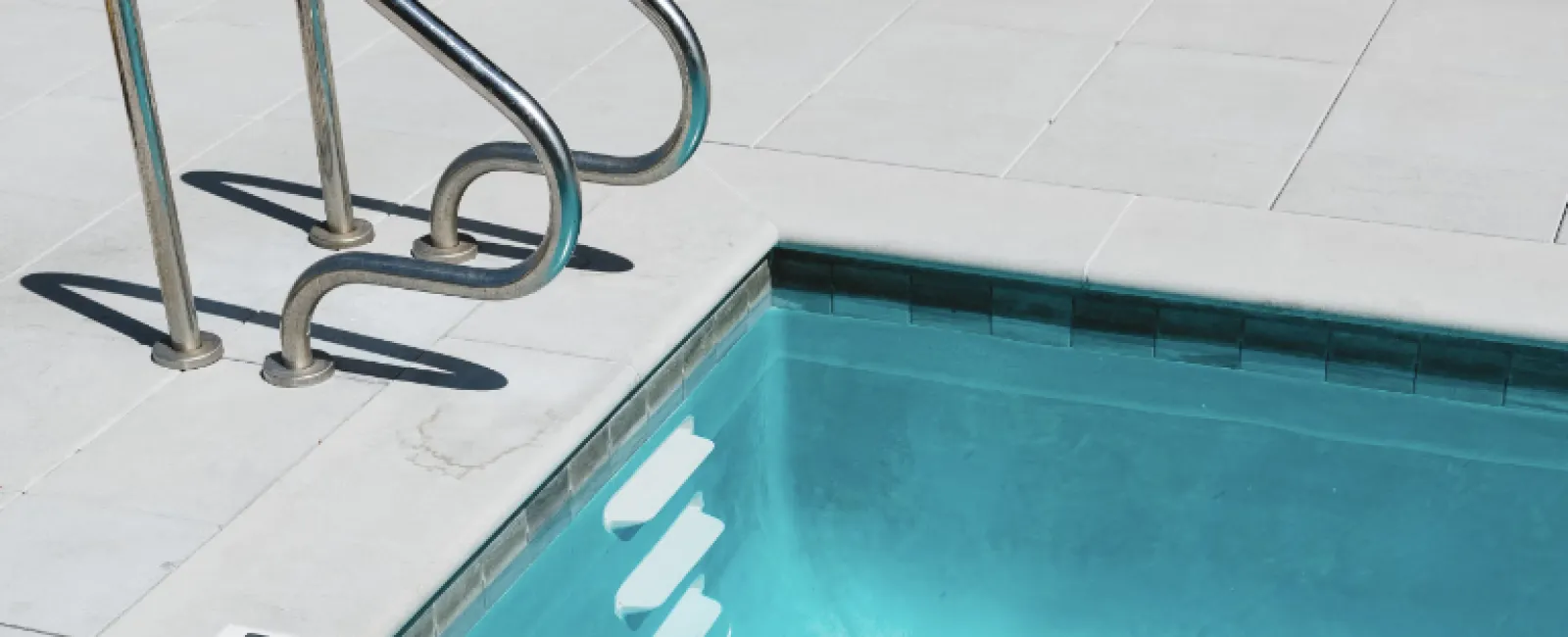Important Considerations for Concrete Pool Decks
A well-designed and properly constructed pool deck can greatly enhance the beauty, safety, and functionality of your residential swimming pool area. Concrete pool decks are a popular choice due to their durability and versatility. However, several essential considerations must be taken into account to ensure that your pool deck serves its purpose effectively and complements your outdoor living space. In this blog, we will explore these important considerations for residential concrete pool decks.
Design and Aesthetics
When planning your pool deck, consider the overall design and aesthetics. Your pool deck should harmonize with the architectural style of your home and the surrounding landscape. Think about the color, texture, and pattern of the concrete. Decorative options like stamped concrete, exposed aggregate, or colored concrete can add visual interest and enhance the overall appeal of the pool area.
Safety and Slip Resistance
Safety should be a top priority for your pool deck. Concrete can become slippery when wet, increasing the risk of accidents. To address this concern, choose a surface finish that provides slip resistance. Options include adding a non-slip additive to the sealer or selecting a textured finish. This ensures that your pool deck is safe for both swimmers and sunbathers.
Drainage
Proper drainage is essential for a pool deck to prevent water accumulation and maintain its structural integrity. Ensure that the deck is slightly sloped away from the pool to allow water to flow away naturally. You can also incorporate a drainage system, such as French drains or deck drains, to effectively channel water away from the pool area.
Durability and Maintenance
Concrete is a durable material, but it still requires regular maintenance to keep it in top condition. Seal your concrete pool deck to protect it from water penetration, staining, and damage from pool chemicals. Routine cleaning and occasional resealing are necessary to extend its lifespan and maintain its appearance.
Comfort and Heat Reflectivity
Consider the comfort of your pool deck, especially in hot climates. Concrete can become scorching in direct sunlight. To mitigate this, choose a finish that reflects heat, such as light-colored concrete or coatings with solar-reflective properties. Additionally, using outdoor rugs or providing shaded areas with umbrellas and pergolas can make your deck more comfortable for barefoot walking.
Expansion Joints
Concrete expands and contracts with temperature fluctuations. To prevent cracks and other issues caused by this movement, expansion joints should be strategically placed in the pool deck. These joints accommodate expansion and contraction, ensuring the structural integrity of the concrete.
Local Building Codes and Permits
Before starting any construction project, including a pool deck, check with your local building department to understand the relevant codes and permitting requirements. Compliance with these regulations is crucial to avoid potential legal issues and ensure the safety and quality of your pool deck.
Budget and Materials
Finally, consider your budget when planning your pool deck. While concrete is a cost-effective option compared to some other materials, factors like decorative finishes, size, and complexity of the design can impact the cost. Discuss your budget with a contractor to find the right balance between aesthetics and affordability.
Conclusion
A well-designed and properly constructed concrete pool deck can transform your outdoor living space into a functional and beautiful area for relaxation and entertainment. By carefully considering design, safety, drainage, maintenance, comfort, and compliance with local regulations, you can ensure that your residential concrete pool deck meets all your needs and enhances your poolside experience for years to come. Consulting with a professional concrete contractor can help you make informed decisions and bring your vision to life.

